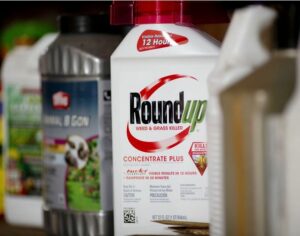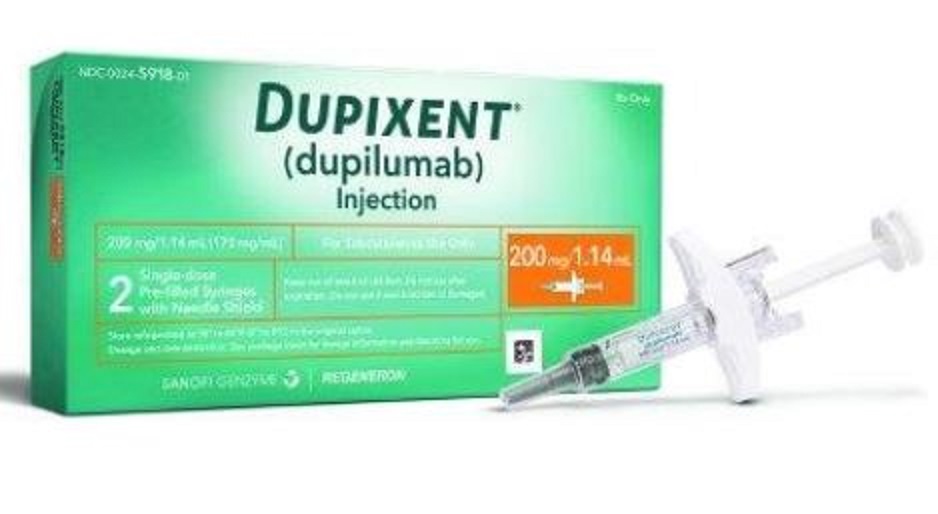Roundup Lawsuits

When Bayer, the giant German chemical and pharmaceutical maker, acquired Monsanto in 2018, the company knew it was buying the world’s best known weedkiller. What it didn’t anticipate was the legal firestorm over claims that the herbicide, Roundup, caused cancer. Bayer has since faced tens of thousands of claims linking the weedkiller to cases of non-Hodgkin’s lymphoma and other cancers.
Lawsuit Status
In an effort to put those troubles behind it, the Company announced in June 2020 that it will pay more than $10 billion to settle claims while continuing to sell the product without adding warning labels about its safety. Included in the settlement is $2 billion for potential future claims from Roundup customers who may develop non-Hodgkin’s lymphoma.
>>> SUBMIT A CLAIM FOR A ROUNDUP CANCER CASE <<<
History
The herbicide glyphosate has been in use since the 1970s, when Monsanto first introduced it as Roundup. Since then it has become the most widely used herbicide in the world. Monsanto’s patent protection for Roundup expired in 2000, giving rise to a number of glyphosate-using competitors.
Monsanto has engineered crops that are glyphosate resistant, which encourages farmers to heavily spray with the herbicide to get rid of competing weeds. However, the weeds adapt to glyphosate exposure over time, requiring farmers, agricultural workers, turf managers, landscapers and migrant field workers to spray more and more heavily, thus increasing their exposure over time.
Glyphosate prevalent in food chain
Use of glyphosate increased dramatically in the mid 1990s, after Monsanto began using genetically engineered crops that can withstand direct treatment by Roundup. This allowed farmers to kill weeds without harming crops, at the same time exposing a multitude of the nations crops to the chemical.
Crops affected include the majority of corn and soybean crops, along with sugar, beets and canola crops. The use of Roundup led the EPA in 2013, to raise the permitted tolerance levels of glyphosate residue in food as studies showed no evidence for increased risk of cancer.









